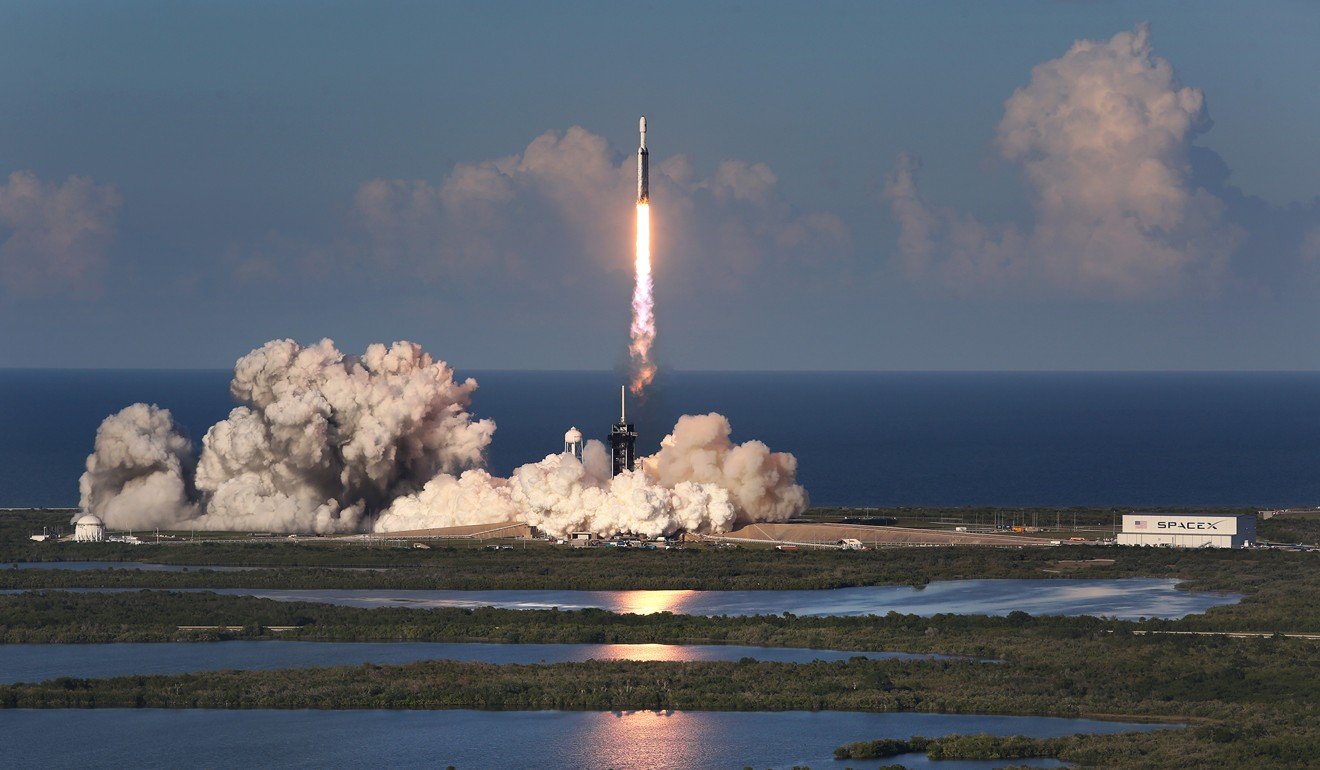ArabianEmpires&Caliphates
SENIOR MEMBER

- Joined
- Aug 2, 2016
- Messages
- 2,377
- Reaction score
- 4
- Country
- Location
Is Ashsemimri the one on that Youtube broe ?What kind of even is it ?
Does she currently work for Saudi rocket program ?
An event in KSA tied to the Saudi Arabia vision 2030 concerning jobs and education where various native successful people (speakers) talked about their careers and life to inspire the youth.
https://www.cyc-sa.com
She is working for NASA so I don't think that she can be involved directly as long as she is working for NASA contractually. Hopefully people working for the Space Agency of KSA are contacting her (if needed) though. BTW you know how it is in this world. Sometimes there are rule in place that are broken, lol, besides KSA's ballistic missile production (in the past 30 years with help from China and Pakistan) is a deep secret (few information out there) and similarly with the Saudi Arabian Space Agency for now although the latter is for obvious reasons much more public.
BTW, I hope that KSA and other Arab countries will work with our Indonesian brothers and sisters in the space field.
NASA Partners with Saudi Arabia on Moon and Asteroid Research
NASA and the Kingdom of Saudi Arabia’s King Abdulaziz City for Science and Technology (KACST) have signed a joint statement that allows for collaboration in lunar and asteroid science research. The partnership recognizes the Saudi Lunar and Near-Earth Object Science Center as an affiliate partner with the NASA Lunar Science Institute at NASA’s Ames Research Center in Moffett Field, Calif.
“This collaboration is within the scope of the Memorandum of Understanding on Science and Technology signed between the Kingdom of Saudi Arabia and the United States of America last year and later ratified by the Council of Ministers,” said H.H. Dr. Turki Bin Saud Bin Mohammed Al-Saud, vice president for Research Institutes, KACST. “The international interest in lunar science and, more recently, near Earth objects led to the establishment of the Saudi Lunar and Near Earth Object Science Center as a focal point for lunar science and NEO studies in the Kingdom of Saudi Arabia. Furthermore, we are looking forward to our expanding collaboration with NASA for the benefit of both countries.”
“NASA’s Lunar Science Institute exists to conduct cutting-edge lunar science and train the next generation of lunar scientists and explorers,” said Greg Schmidt, institute deputy director at Ames. “Our international partnerships are critical for meeting these objectives, and we are very excited by the important science, training and education that our new Saudi colleagues bring to the NASA Lunar Science Institute.”
“This is an important advance in our growing program of bilateral science and technology cooperation,” said U.S. Ambassador to Saudi Arabia James Smith. “It will help realize President Obama’s goal, expressed in his June 4 speech to the Muslim world, of increasing our cooperation on science and technology, which we believe closely corresponds to King Abdullah’s vision.”
The Saudi science center’s proposal brings technical and engineering expertise to advance the broad goals of lunar science at the institute. Specific areas of lunar study of both scientific and cultural importance include radar and infrared imaging, laser ranging and imaging, and topographical studies. The center’s studies in near-Earth object science also offer important contributions to an area of importance to NASA.
“The Saudi Lunar and Near Earth Object Science Center’s primary mission is to direct all lunar and near Earth object related research within the Kingdom of Saudi Arabia,” said Dr. Haithem Altwaijry, deputy director of the National Satellite Technology Program at KACST. “It will reach out to students in addition to researchers and present fertile ground for scientific research.”
“NASA welcomes international cooperation for mutual benefit with organizations large and small in all regions of the world,” said Michael O’Brien, assistant administrator for external relations at NASA Headquarters in Washington. “Our continuing discussions with Saudi Arabian officials may lead to future joint scientific collaboration in other areas of mutual interest.”
Posted by: Soderman/NLSI Staff
Source: NASA
https://sservi.nasa.gov/articles/nasa-partners-with-saudi-arabia-on-moon-and-asteroid-research/
Last edited:









